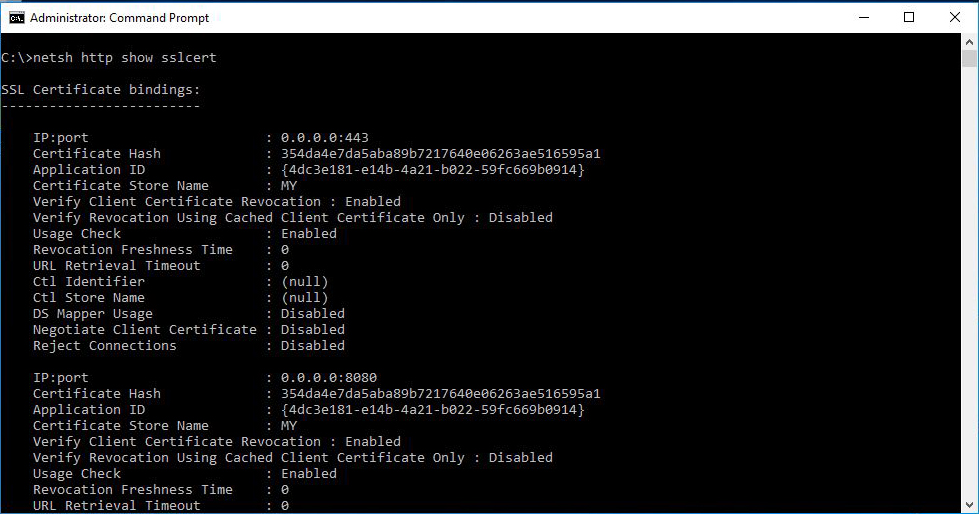Invoke-Command Array in ArgumentList
When dealing with multiple servers, you may often have to run a powershell command or script on many or all of them. This is where "Invoke-Command" comes into play.
The Invoke-Command will execute a powershell command on a remote system and return the results to our powershell console. Let's take a look at a simple example.
We are going to test whether or not a folder exists on multiple servers:
The Write-Output cmdlet is executed on the dc1 and dc3 servers.
But what if we have to pass parameters to the scriptblock? We will use the -ArgumentList parameter of the Invoke-Command as follows:
A parameter named "par1" is declared on the scriptblock and the "path" variable is passed to the scriptblock using the -ArgumentList parameter. The Write-Output cmdlet is then executed with the $path parameter as input.
There is a caveat here though, when we are trying to pass an array as a parameter. If we pass an array using the -ArgumentList parameter, the array will pass each item in the array as a different parameter to the scriptblock. In order to pass the array as a single parameter we have to use the following syntax:
The Invoke-Command will execute a powershell command on a remote system and return the results to our powershell console. Let's take a look at a simple example.
We are going to test whether or not a folder exists on multiple servers:
$servers = @("dc1", "dc3") $servers | %{ Invoke-Command -ComputerName $_ ` -ScriptBlock { Write-Output "C:\Temp" } }
The Write-Output cmdlet is executed on the dc1 and dc3 servers.
But what if we have to pass parameters to the scriptblock? We will use the -ArgumentList parameter of the Invoke-Command as follows:
$servers = @("dc1", "dc3") $path = "C:\Temp" $servers | %{ Invoke-Command -ComputerName $_ ` -ScriptBlock { Param ($par1) Write-Output $par1 } -ArgumentList $path }
A parameter named "par1" is declared on the scriptblock and the "path" variable is passed to the scriptblock using the -ArgumentList parameter. The Write-Output cmdlet is then executed with the $path parameter as input.
There is a caveat here though, when we are trying to pass an array as a parameter. If we pass an array using the -ArgumentList parameter, the array will pass each item in the array as a different parameter to the scriptblock. In order to pass the array as a single parameter we have to use the following syntax:
$servers = @("dc1", "dc3") $path = @("C:\Temp", "D:\Temp") $servers | %{ Invoke-Command -ComputerName $_ ` -ScriptBlock { Param ($par1) Write-Output $par1 } -ArgumentList (,$path) }

